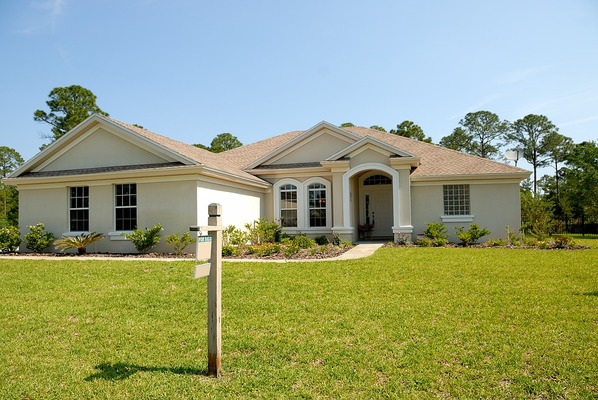A Wyndham postcode is experiencing the third-highest rate of mortgage stress in Australia, according to a new report.
Research and consulting firm Digital Finance Analytics (DFA) has released its mortgage stress report for August, which ranked the 3029 postcode (Hoppers Crossing, Tarneit and Truganina) as experiencing the third-highest rate of mortgage stress in the nation.
The report said that 6388 households within the 3029 area were experiencing mortgage stress.
The Ballarat postcode placed first on the list, with 7462 households experiencing mortgage stress.
DFA put together its report after surveying 52,000 households across the nation within a year, and using mortgage industry reports, company information and banking and economic analysis to calculate the figures.
The report considers households to be in severe mortgage stress if their gross income – such as salary, pensions, interest and dividends – is 10 per cent or more below what they spend on tax, mortgage repayments, other housing costs, food, childcare, and school fees every month.
“The postcodes with the largest counts of stressed households coincide with areas of high recent development, where households have large mortgages, and [Victoria] is over-represented thanks to the lockdowns,” the report said.
According to the document, about 1.52 million households across the nation were experiencing mortgage stress in August – equating to 40.1 per cent of all households in Australia.
In contrast, about 1.4 million households across the nation were experiencing mortgage stress in May – equating to 37.5 per cent of all households in Australia.
The report also said that rental stress “remains a significant issue” with 41.1 per cent of Australian renters in difficulty, equating to 1.78 million households.
The 3029 postcode ranked seventh-highest in the nation for rental stress, with 65.6 per cent of the area’s renters (7249 households) experiencing difficulty paying rent.
The 2540 postcode in New South Wales, which includes Jervis Bay, placed first on the list for rental stress, with 9650 households experiencing the issue.







